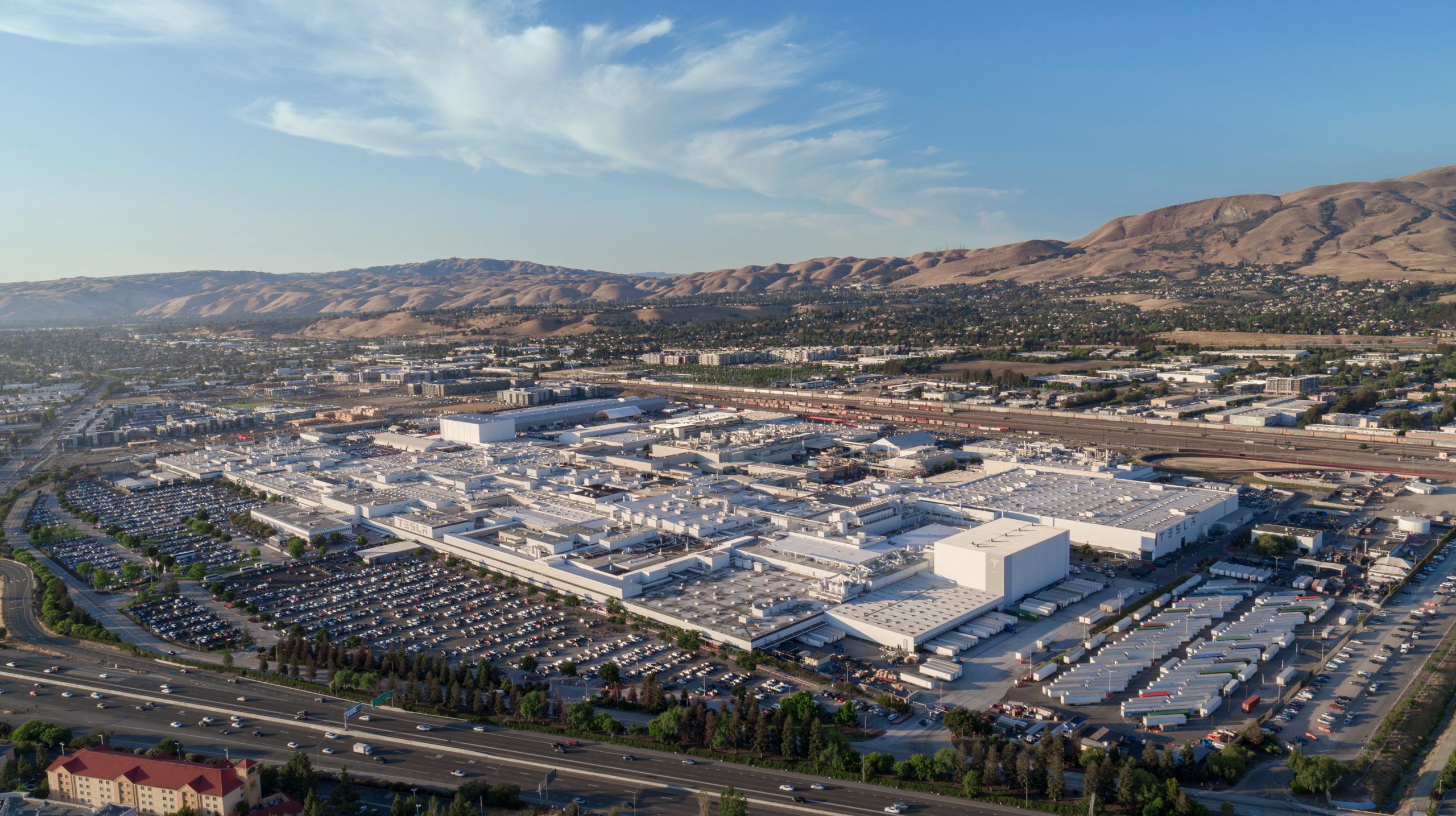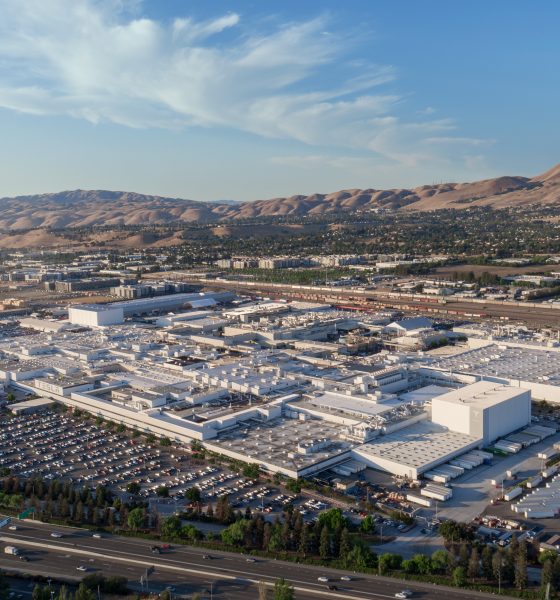Tesla’s legal dispute with a former contract worker who accused the company of racial discrimination isn’t over just yet. In a recent update, Owen Diaz, who previously worked as an elevator operator at the Fremont Factory, indicated that he is seeking another retrial.
Diaz, who was awarded $3.2 million in a second trial over alleged racial abuse he experienced while working at Tesla, claimed that the trial proceedings were affected by unjustifiable character attacks from Tesla’s attorney. Tesla, for its part, is requesting a 45% reduction in the punitive damages awarded to Diaz, dubbing them “manifestly erroneous.”
Diaz’s case against Tesla caught headlines when he received a $137 million jury verdict in 2021. The former contract employee had claimed that he endured numerous racial attacks while working at the California plant. The substantial $137 million award was one of the largest ever for an individual suing over discrimination in the US.
However, while the $137 million jury verdict was historic, a judge later noted that the maximum compensation Diaz was entitled to was $15 million. Diaz refused to accept the judge’s stance, which ultimately led to a retrial. The retrial resulted in a $3.2 million verdict, 97.6% smaller than the initial $137 million jury verdict.
In a court filing, Diaz’s attorneys described the case’s retrial as flawed. The former Tesla contract worker’s legal team accused the company’s attorney, Alex Spiro, of calling them “phony civil rights lawyers” and repeatedly disparaging Diaz. Diaz’s legal team further claimed that Spiro violated trial regulations by introducing prohibited evidence, incorrectly questioning Diaz’s witnesses, and suggesting that Tesla had already compensated Diaz.
Diaz’s attorney, Michael Rubin, argued that the judge’s instructions to the jury to set the record straight on the matter ultimately ended up “highlighting Tesla’s poisonous messaging.” “There was no meaningful way to wipe Tesla’s improper accusations and suggestions from the jury’s consciousness,” Rubin noted, as noted in a Bloomberg News report.
Diaz’s legal team is requesting US District Judge William Orrick to order a new trial. The lawyer also noted that Tesla’s “misconduct” is the only plausible explanation behind the drastic reduction of the $137 million jury award since the case’s underlying facts have not changed.
Tesla and its attorney, Alex Spiro, are yet to issue a comment on the matter.
Interestingly, Tesla has noted in its own court filing that the $3 million in punitive damages awarded by the jury is constitutionally disproportionate to Diaz’s relatively modest compensatory damages. A similar argument was made by Tesla when it challenged the case’s original $137 million jury verdict. Tesla has stated that Diaz should receive no more than $1.75 million in total damages.
Don’t hesitate to contact us with news tips. Just send a message to simon@teslarati.com to give us a heads-up.

News
Anti-Tesla union leader ditches X, urges use of Threads instead
Tesla Sweden and IF Metall have been engaged in a bitter dispute for over two years now.
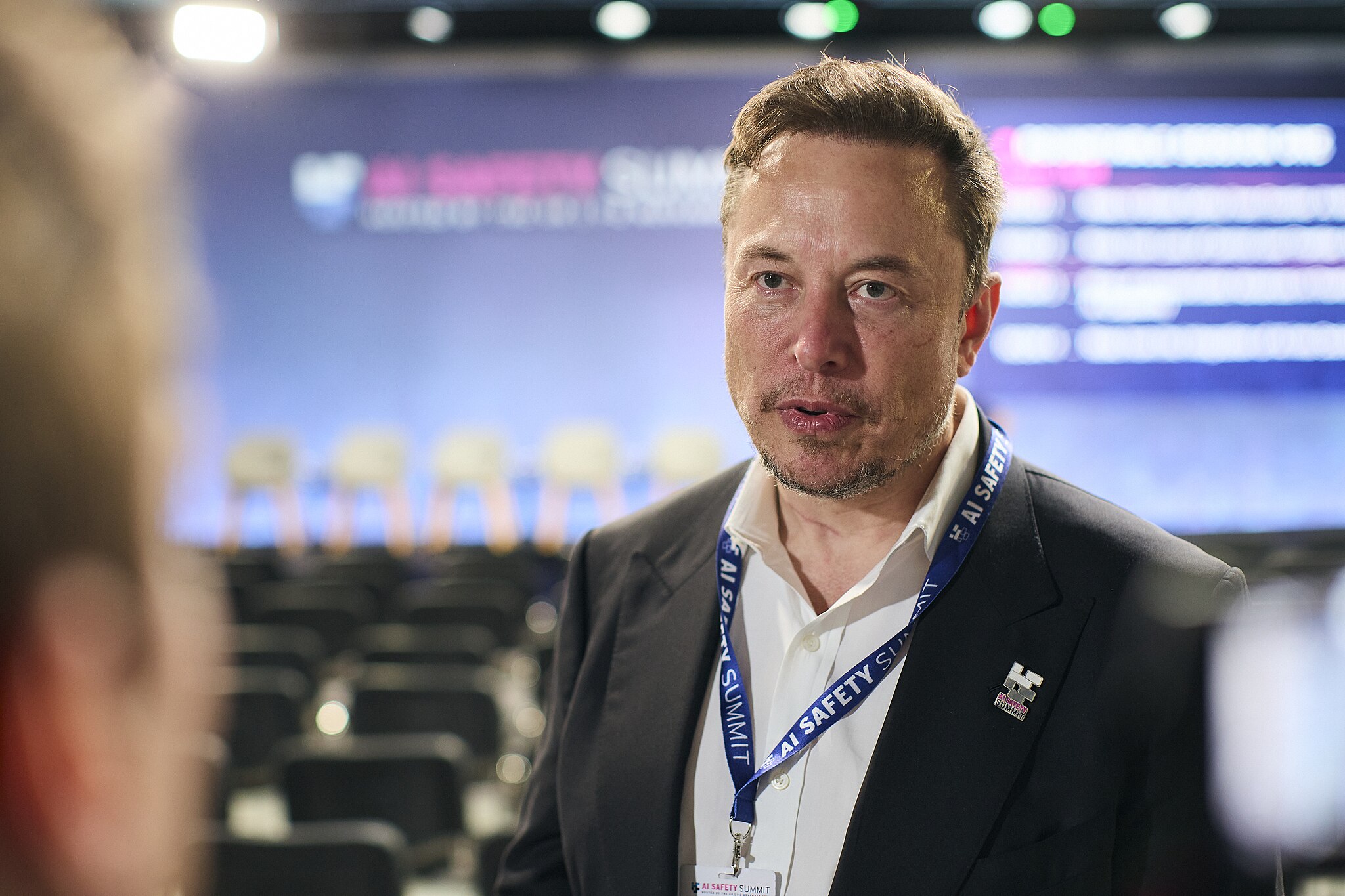
Marie Nilsson, chair of Sweden’s IF Metall union and a prominent critic of Tesla, has left X and is urging audiences to follow the union on Meta’s Threads instead.
Tesla Sweden and IF Metall have been engaged in a bitter dispute for over two years now.
Anti-Tesla union leader exits X
In a comment to Dagens Arbete (DA), Nilsson noted that her exit from X is not formally tied to IF Metall’s long-running labor dispute with Tesla Sweden. Still, she stated that her departure is affected by changes to the platform under Elon Musk’s leadership.
“We have stayed because many journalists pick up news there. But as more and more people have left X, we have felt that the standard has now been reached on that platform,” she said.
Jesper Pettersson, press officer at IF Metall, highlighted that the union’s departure from X is only indirectly linked to Tesla Sweden and Elon Musk. “Indirectly it does, since there is a lot of evidence that his ownership has caused the change in the platform to be so significant.
“We have nevertheless assessed that the platform had value for reaching journalists, politicians and other opinion leaders. But it is a microscopic proportion of the public and our members who are there, and now that value has decreased,” Petterson added.
IF Metall sees Threads as an X alternative
After leaving X, IF Metall has begun using Threads, Meta’s alternative to the social media platform. The union described the move as experimental, noting that it is still evaluating how effective the platform will be for outreach and visibility.
Pettersson acknowledged that Meta also does not operate under Sweden’s collective bargaining model, but said the union sees little alternative if it wants to remain visible online.
“In a perfect world, all large international companies would be supporters of the Swedish model when they come here. But unfortunately, the reality is not like that. If we are to be visible at all in this social media world, we have to play by the rules of the game. The alternative would be to become completely invisible, and that would not benefit our members,” he said.
Elon Musk
Elon Musk confirms SpaceX is not developing a phone
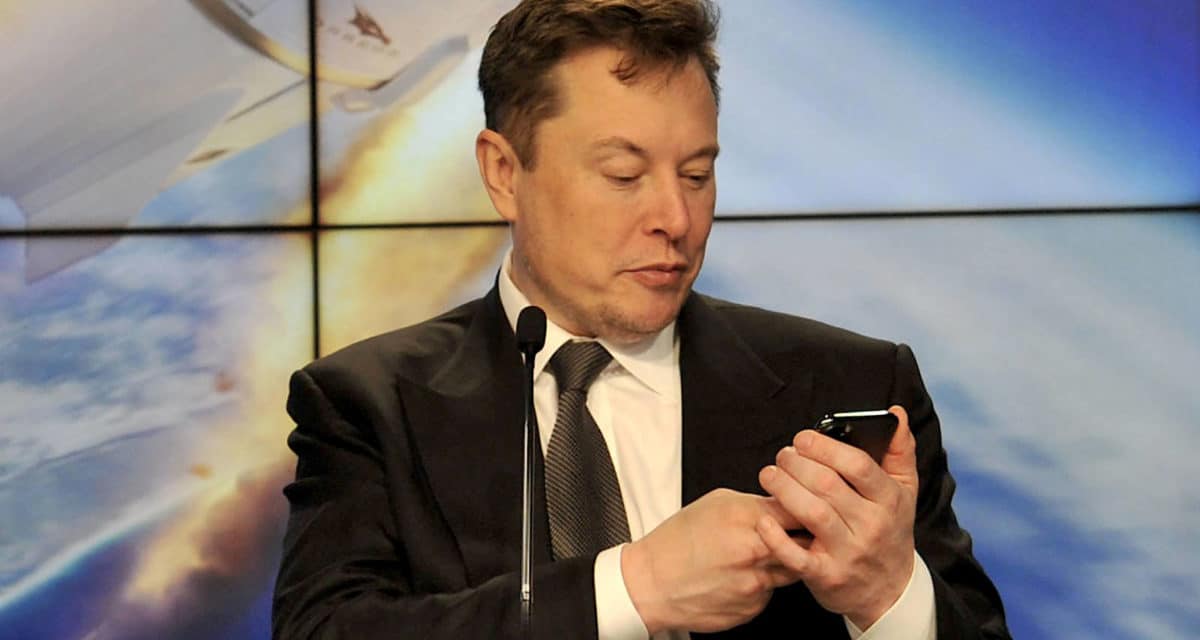
Despite many recent rumors and various reports, Elon Musk confirmed today that SpaceX is not developing a phone based on Starlink, not once, but twice.
Today’s report from Reuters cited people familiar with the matter and stated internal discussions have seen SpaceX executives mulling the idea of building a mobile device that would connect directly to the Starlink satellite constellation.
Musk did state in late January that SpaceX developing a phone was “not out of the question at some point.” However, He also said it would have to be a major difference from current phones, and would be optimized “purely for running max performance/watt neural nets.”
Not out of the question at some point. It would be a very different device than current phones. Optimized purely for running max performance/watt neural nets.
— Elon Musk (@elonmusk) January 30, 2026
While Musk said it was not out of the question “at some point,” that does not mean it is currently a project SpaceX is working on. The CEO reaffirmed this point twice on X this afternoon.
Musk said, “Reuters lies relentlessly,” in one post. In the next, he explicitly stated, “We are not developing a phone.”
Reuters lies relentlessly
— Elon Musk (@elonmusk) February 5, 2026
We are not developing a phone
— Elon Musk (@elonmusk) February 5, 2026
Musk has basically always maintained that SpaceX has too many things going on, denying that a phone would be in the realm of upcoming projects. There are too many things in the works for Musk’s space exploration company, most notably the recent merger with xAI.
SpaceX officially acquires xAI, merging rockets with AI expertise
A Starlink phone would be an excellent idea, especially considering that SpaceX operates 9,500 satellites, serving over 9 million users worldwide. 650 of those satellites are dedicated to the company’s direct-to-device initiative, which provides cellular coverage on a global scale.
Nevertheless, there is the potential that the Starlink phone eventually become a project SpaceX works on. However, it is not currently in the scope of what the company needs to develop, so things are more focused on that as of right now.
News
Tesla adds notable improvement to Dashcam feature
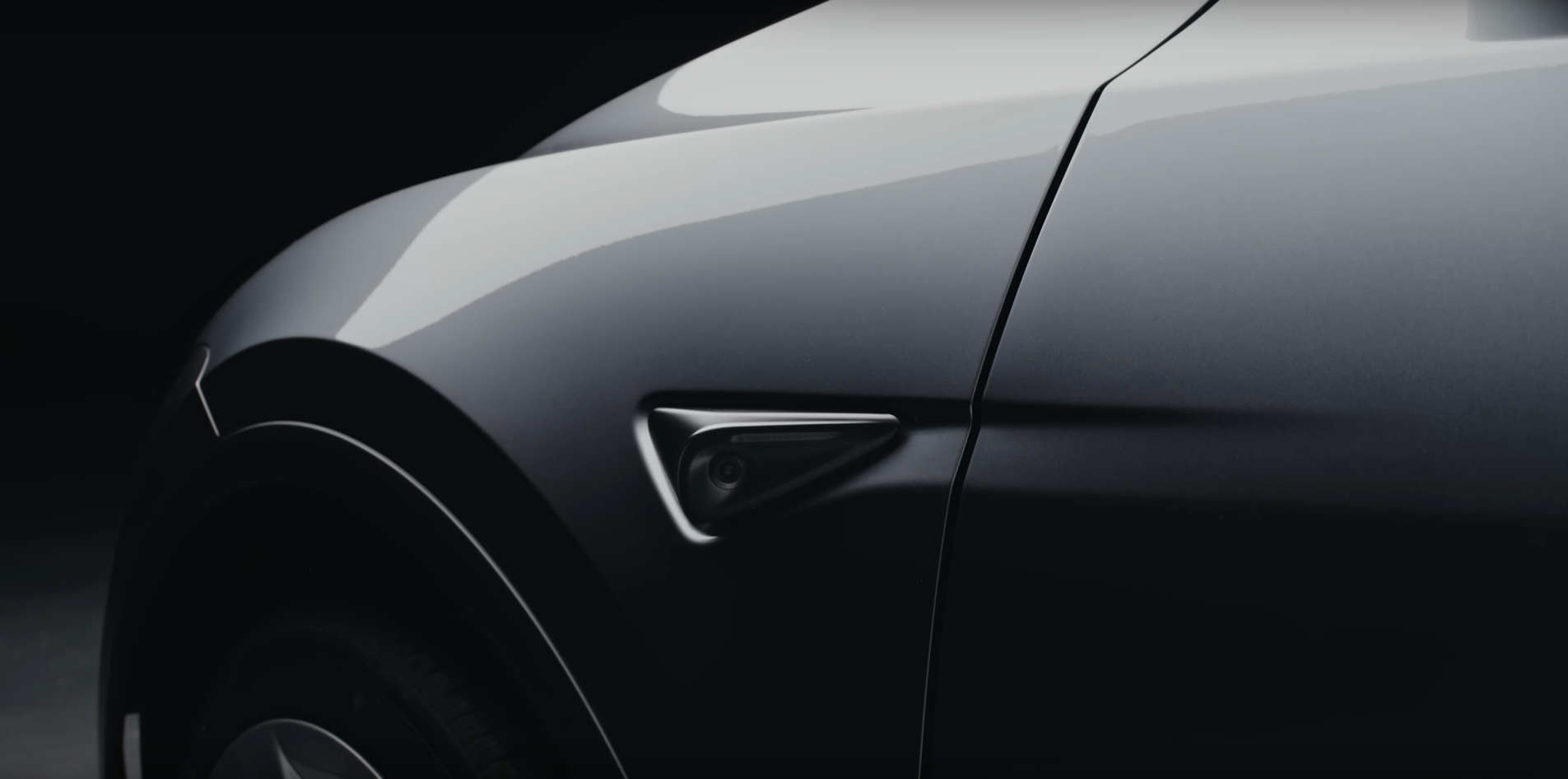
Tesla has added a notable improvement to its Dashcam feature after complaints from owners have pushed the company to make a drastic change.
Perhaps one of the biggest frustrations that Tesla owners have communicated regarding the Dashcam feature is the lack of ability to retain any more than 60 minutes of driving footage before it is overwritten.
It does not matter what size USB jump drive is plugged into the vehicle. 60 minutes is all it will hold until new footage takes over the old. This can cause some issues, especially if you were saving an impressive clip of Full Self-Driving or an incident on the road, which could be lost if new footage was recorded.
This has now been changed, as Tesla has shown in the Release Notes for an upcoming Software Update in China. It will likely expand to the U.S. market in the coming weeks, and was first noticed by NotaTeslaApp.
The release notes state:
“Dashcam Dynamic Recording Duration – The dashcam dynamically adjusts the recording duration based on the available storage capacity of the connected USB drive. For example, with a 128 GB USB drive, the maximum recording duration is approximately 3 hours; with a 1 TB or larger USB drive, it can reach up to 24 hours. This ensures that as much video as possible is retained for review before it gets overwritten.”
Tesla Adds Dynamic Recording
Instead of having a 60-minute cap, the new system will now go off the memory in the USB drive. This means with:
- 128 GB Jump Drive – Up to Three Hours of Rolling Footage
- 1TB Jump Drive – Up to 24 Hours of Rolling Footage
This is dependent on the amount of storage available on the jump drive, meaning that if there are other things saved on it, it will take away from the amount of footage that can be retained.
While the feature is just now making its way to employees in China, it will likely be at least several weeks before it makes its way to the U.S., but owners should definitely expect it in the coming months.
It will be a welcome feature, especially as there will now be more customization to the number of clips and their duration that can be stored.
